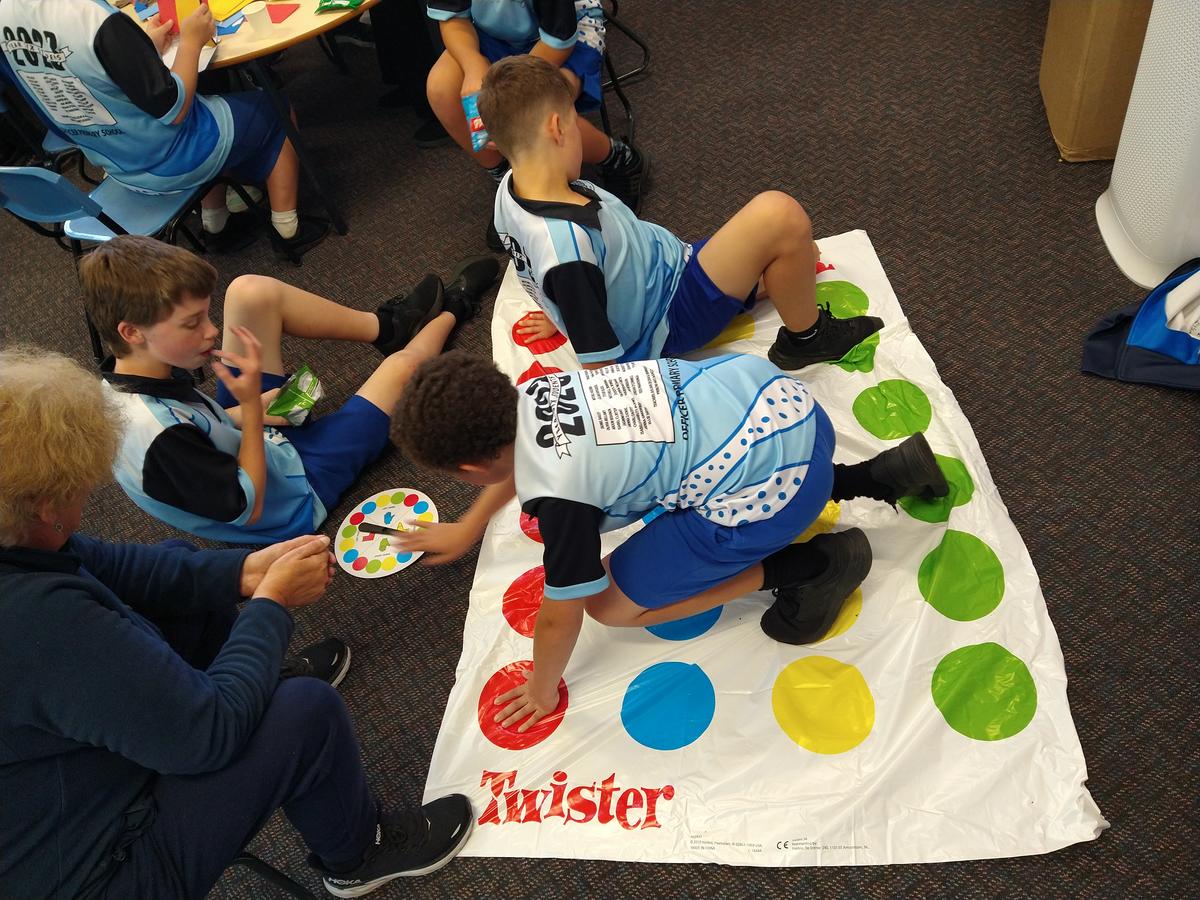Chappy News

Chappy News:
Parenting.
Some Parenting Advice from Arabella Hille of www.victoriousparenting.com
A child who is regularly shamed will come to believe there is something fundamentally wrong with them. This can lead to chronic low self-esteem. Shame is closely related to embarrassment and guilt, but it runs deeper than that.
• Embarrassment is the feeling that you’ve done something inappropriate in front of others.
• Guilt is the feeling that your actions, or words caused harm.
Both emotions are often temporary. They can induce feelings of shame, but can be present without it. Shame is the feeling associated with the belief that one is not worthy or valuable. The repercussions of childhood shame can last throughout a lifetime. This is why shame can be so destructive.
Shame can sound like;
“Grow up!”
“Why can’t you be like your brother/sister?”
Shame characterizes the child's being. It is about who they are, not what they have done. All shaming does is make a child believe that they are not good enough and will never be good enough. How many adults have you met that still feel this way because of the shaming that occurred in childhood?
Shaming can activate a child’s SDS (self-defense system). When a child’s SDS system is activated their approach systems that help them successfully navigate the world are inhibited.
There are 3 approach systems.
1. Exploration system – helps them to master the physical world.
2. Affiliation system – helps them form social bonds and a shared identity.
3. Caregiving system – helps them to form an empathetic response to the suffering of others and develop sympathy.
These systems are designed to help a child approach the world and navigate successfully in it. The inhibition of these systems is not something the child has control over. These are automatic processes the mind goes through in order to protect the mind and body.
A child present in an environment where they are constantly shamed will likely develop and overactive SDS response. This is also known as hyper-active response. A hyper-active SDS response can cause social anxiety, panic attacks, shyness, depression, outward defiance and other maladaptive survival behavioural traits.
Research shows that shame makes us withdraw from others and from the people who shame us. In this manner, shame is isolating. Studies also show that people tend to cover up shame with overt displays of false positivity and confidence. This can lead some to develop domineering, or apathetic attitudes towards others. It can also lead to perfectionism obsessive behaviours, toxic positivity, and passive aggressive behaviours.
Raising a child is hard there is no doubt about that. Caregivers often unknowingly shame as a form of behavioural correction and stress relief without realizing the long-term psychological impacts that it can have.
A child who is low in self-esteem is primed for protection, while a child who has positive self-esteem is primed for self-exploration.
To read more click the link...https://promotingselfesteem.com/
LUNCH PROGRAMS:
ART AND GAMES- all grades every Friday
We had fun making decorated biscuits for the Mother's Day afternoon tea . We were so in the moment I forgot to take pics of the kids but the finished product, I did.
REBOOT- for grade 5 and 6 every Tuesday
There was hot chocolate this week as the team came in to hang out and play games with the students. There is a fortnightly program where they will do a theme around wellbeing with minute to win it style competitions and the next week it is hang out and play games with a special treat.
MURAL/ CAMP- I have attached a pic of the mural we painted with the kids on our CHAT Holiday Camp at school at Easter. Our students had a wonderful time performing for the parents and carers to Lion King Songs and hearing some djembe drum routines after the carnival games had been for some fun and fairy floss. Our 'Masterchef' segment was also a big hit. There was a Lego challenge , a team chant challenge and lots of great conversations and build building around the theme of treat others the way you want to be treated and being curious rather than judgemental toward those with different opinions, beliefs etc to us. We will run it again next Easter so stay tuned. A special thanks to my husband for helping after the camp with the mural and to Ash O'Lynn for putting some finishing touches onto it.




